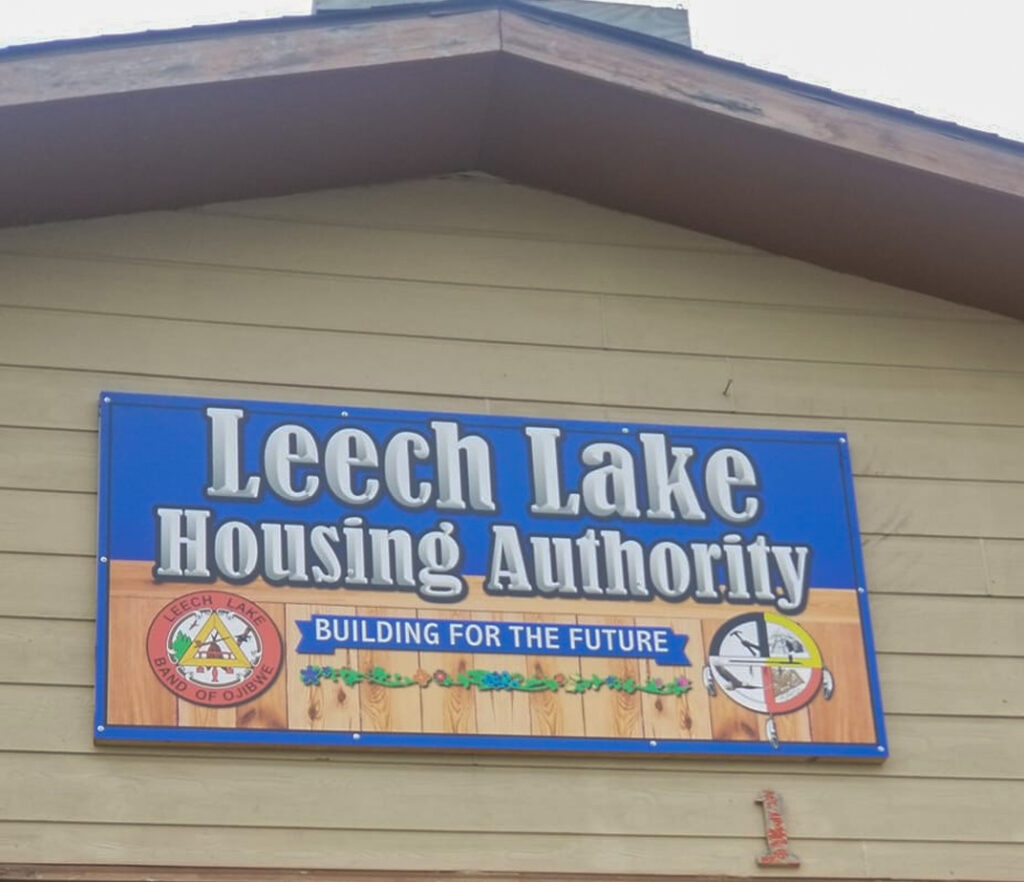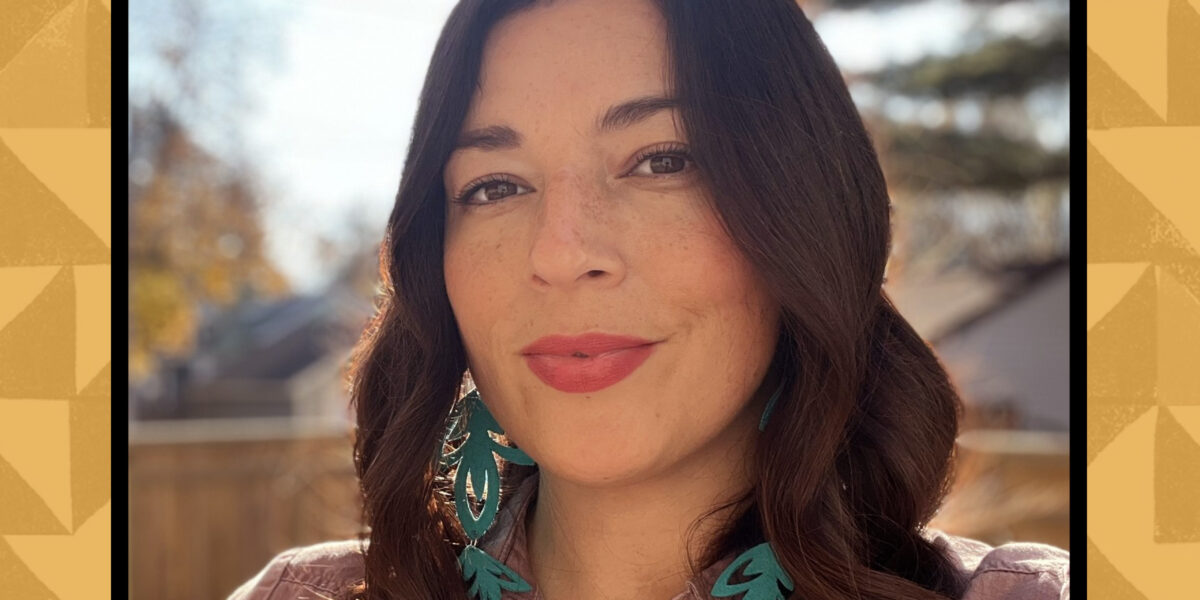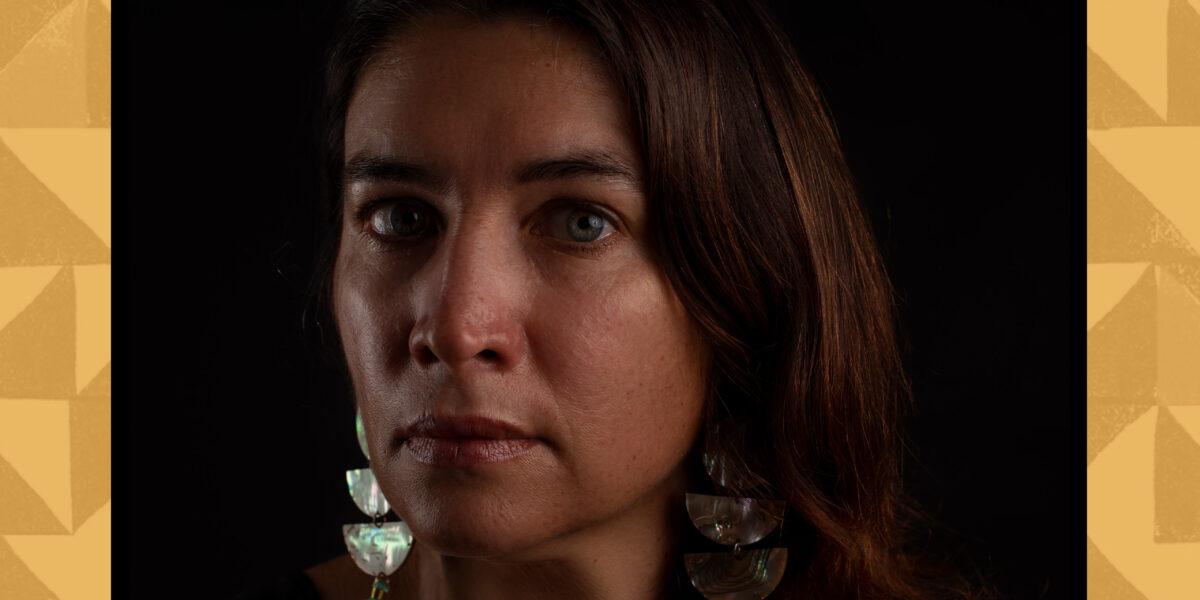
| This week in Minnesota Native News, the Leech Lake Reservation held a survey for the unhoused to gain a perspective on homelessness, its causes, and possible solutions. Marie Rock interviews two tribal program employees about the survey. Photo: Leech Lake Tribal Housing Authority oversees programs for unhoused community members. Photo Credit: Leech Lake Tribal Housing Authority Facebook Page |
| Wilder Homelessness Survey on the Leech Lake Reservation Marie Rock : This is Minnesota Native News. I’m Marie Rock. This week in Minnesota Native News, the Leech Lake Reservation held a survey for the unhoused to gain a perspective on homelessness, its causes and possible solutions. The Wilder Homelessness Survey was held reservation-wide on October 27th. Jane Lawrenze, Interim Coordinator for the MN Tribal Collaborative, and Teresa Gunter, Program Manager for the Leech Lake Band, joined me in the studio to discuss the project. They explained the purpose of the survey, and the different ways unhoused community members take shelter. MR: Jane, What is the purpose of this survey? JL: This survey provides us an understanding of the conditions, what’s going on with people who are experiencing homelessness or near homelessness on the reservation…people who are outside or in a shelter, doubled up or living in substandard housing, living in their car, fish house or that type of thing, couch hopping is a big issue…The survey…asks questions about their physical health, their mental health, any chemical dependency issues, their background as a child, any adverse childhood experiences they may have gone through, any criminal justice involvement. We know a lot of those issues are correlated with people who have experienced homelessness. The more we can understand about what people have gone through, the better we can provide services and housing for them. Leech Lake has always wanted strangers to come up and do it so it protects people’s identity, we never ask for anyone’s name or birthdate so there is no way to identify anyone, so that information we gather really does stay anonymous. MR: How will this survey benefit the community? JL: it’s going to provide quite a bit of data to Leech Lake Planning and Housing so they can do grant writing, they can start planning what kind of housing they need – do they need more housing for youth that are experiencing homelessness, do they need more housing for families, for single adults, veterans, where is the need? It will also provide some data that can be used to advocate for funding at the legislature and at the Federal level too. JL: the other thing that has been unique about this survey is so often American Indians are surveyed and they’re either told “oh you’re doing terribly and its all your fault, or they never hear any results from the survey. So we came up with a way in working with the tribes – first the tribal councils have to agree to do the survey. Then they have to agree to aggregate the data with other tribes that participated and then finally from there to release that report publically, so they have permission all on the way. This is now become a model of how to work with tribal nations and honor their sovereignty respectfully. MR: You thinking maybe more homeless shelters they be building, or maybe even affordable housing? JL: So we’re hoping this data can be used for more shelter, more permanent housing, maybe rental subsidies, and more services. TG: and transitional housing. That would be an option too that we just don’t have. MR: This survey was done previously, correct? JL: One of the most compelling things that we discovered with the survey back in 2006, that Indians double up cuz it’s a cultural thing. That they take care of each other so therefore, it isn’t really homelessness cuz they like to live like that. Well, this survey shattered that myth; it was like 98% of the people surveyed said if they could have housing that was affordable and safe they would take it. So it is not true at all, that people want to double up or want to be homeless. That is a misconception and it’s really kind of a racist belief about Indians. MR: Teresa, are there any plans to maybe have this happen again or are we going to see how this goes? TG: We will be doing this again in 3 years, in October of 2026…I’d like to add that We run the homeless resources program which is under housing, …if you are encountering homelessness, or in danger of becoming homeless, please come out and see us. MR: Awesome, alright. Teresa, Jane, thank you so much for joining us today. Results from the Leech Lake Homelessness Survey are expected in the coming months. The Leech Lake Tribal Homeless Resource Program is located at 113 7th Street NW in Cass Lake. Leech Lake tribal members experiencing homelessness are encouraged to call 218-335-8289. For Minnesota Native News, I’m Marie Rock. |
More from Native Lights
- Deven Current: Healing Through the Art of Tattooing
 In this episode, we hear from Deven Current about tattooing, sports and the importance of sobriety, family and faith. Deven is an Ojibwe tattoo artist, who connected with his culture later in life. Deven grew up in the Twin Cities and, at a young age, fell into drug addiction. He ended up incarcerated, but his time …
In this episode, we hear from Deven Current about tattooing, sports and the importance of sobriety, family and faith. Deven is an Ojibwe tattoo artist, who connected with his culture later in life. Deven grew up in the Twin Cities and, at a young age, fell into drug addiction. He ended up incarcerated, but his time … - Korina Barry: Leading from abundance with NDN Collective
 In this episode we hear from Korina Barry on her work with NDN Collective and the campaign to free Leonard Peltier, in addition to reflections on her roles as mother, doula, and metal fabricator in training. A citizen of the Leech Lake Band of Ojibwe, Korina Barry manages the organizing, policy and advocacy direct-action arm …
In this episode we hear from Korina Barry on her work with NDN Collective and the campaign to free Leonard Peltier, in addition to reflections on her roles as mother, doula, and metal fabricator in training. A citizen of the Leech Lake Band of Ojibwe, Korina Barry manages the organizing, policy and advocacy direct-action arm … - Allison Herrera, Indigenous Affairs Journalist and author of Tribal Justice: The Struggle for Black Rights on Native Land
 In this episode, we talk with Indigenous Affairs journalist and author Allison Herrera. Allison’s indigenous ties are from her Xolon Salinan tribal heritage. Her family’s village is in the Toro Creek area of the Central California coast. She didn’t take the traditional route into journalism with a degree. She just decided she wanted to do …
In this episode, we talk with Indigenous Affairs journalist and author Allison Herrera. Allison’s indigenous ties are from her Xolon Salinan tribal heritage. Her family’s village is in the Toro Creek area of the Central California coast. She didn’t take the traditional route into journalism with a degree. She just decided she wanted to do …
Subscribe to Minnesota Native News in your favorite podcast app
- The Sugarbush Tradition Continues in Minnesota’s Urban Areas, and Khayman Goodsky’s New FilmANCHOR Marie Rock: This is Minnesota Native News, I’m Marie Rock. This week, we hear about Minnesotans continuing the old tradition of sugarbush in urban areas. Plus, a look at …
- Sherburne National Wildlife Refuge Faces Staffing Cuts; Headlines Affecting Indigenous MinnesotansANCHOR Marie Rock: This is Minnesota Native News, I’m Marie Rock. This week, we hear about the impact of recent federal staffing cuts on Zimmerman, Minnesota’s Sherburne National Wildlife Refuge. …

 Mathew Holding Eagle III: Finding a Voice for Radio & Covering Native Communities
Mathew Holding Eagle III: Finding a Voice for Radio & Covering Native Communities 